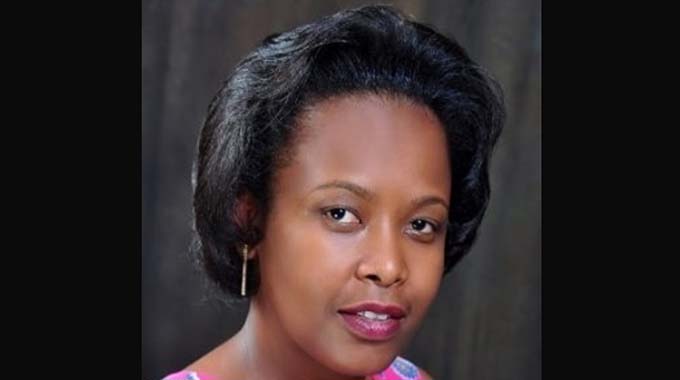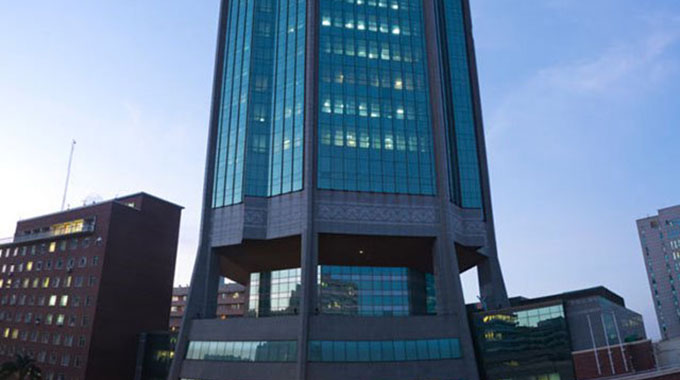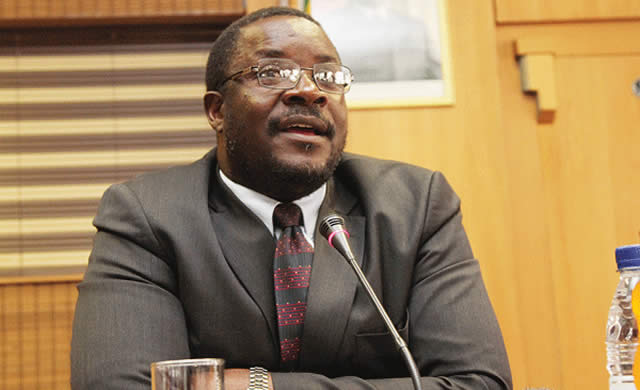Investment expert speaks out

Zvamaida Murwira Senior Reporter
Rwandan governance expert Ms Clare Akamanzi yesterday said there was need to empower the envisaged one-stop investment organisation integrating several Government business arms as part of efforts to improve the ease of doing business.
Ms Akamanzi, the Rwanda Development Board chief executive officer who is scheduled to address Cabinet ministers at Munhumutapa Building today, said the investment entity Zimbabwe intended to create should be freed from unnecessary bureaucracy for it to be effective.
She said this while addressing permanent secretaries and other senior Government officials during an interaction where she was sharing Rwanda’s experience in creating a one-stop investment arm.
“I think the first key question is what kind of consolidation is relevant for Zimbabwe to create a strong and truly one-stop organisation where all the services investors need. I think the Chief Secretary (to the President and Cabinet Dr Misheck Sibanda) has said a decision has already been made to merge three organisations Zimbabwe Investment Authority, ZimTrade and Joint Venture Unit in the Ministry of Finance. Once you create an organisation like that, how do you empower it? How do you empower that organisation to really deliver the mandate that we need?” said Ms Akamanzi.
“Empowering this organisation is very important. In our case, the President empowered this organisation by making it Cabinet equivalent so we are at the same status with the Cabinet. We are called upon to present papers to Cabinet, where necessary, we report directly to the President. There is no going through another ministry to reach Cabinet or the President. Is that the level of empowerment relevant to Zimbabwe? It’s consolidation and then empowerment. I think that is a question for discussion.”
She said another aspect to explore was the need to provide service within a given time-framework.
“A third one is how do we bring service delivery that has guarantees of time to the investor. To us it was an issue of building client charters. Every service have client charter. All the list of services we give have published client charter that has time and guarantees and that also goes to say if they do not get it within a given period of time what happens, where do they get redress?” said Ms Akamanzi.
She said it was critical to have automation in Government departments so that people access services electronically as that had the effect of reducing the number of days to process applications.
“Are we ready to put the entire registration of companies online? That helps us to reduce the number of days. Can we think of paying taxes online? What can it take to be able offer these services online? Every year there must a big difference and there would be lot of investor confidence,” she said.
Participants asked how possibly could the envisaged entity be constituted given that currently there were different investment laws governing their operations.
In response, Ms Akamanzi said the legal framework creating the new entity should be made clear that it was taking precedence to any other law to do with investment.
“For RDB to be created all the legal framework were immediately dissolved. The new law that created RDB dissolved all other organisations as well as the laws creating these entities. The new law got prominence. The new law clearly indicate the RDB is the main interface of Government to all matters to do with investment,” she said.
Turning to service fees, Ms Akamanzi said in her view it was not prudent to determine them using a percentage either of turnover or other such criterion but to give a flat figure.
She said charging using percentage might be costly for business.
Ms Akamanzi latter toured Harare sorting centre where Government plans to house the integrated one stop investment centre.








Comments